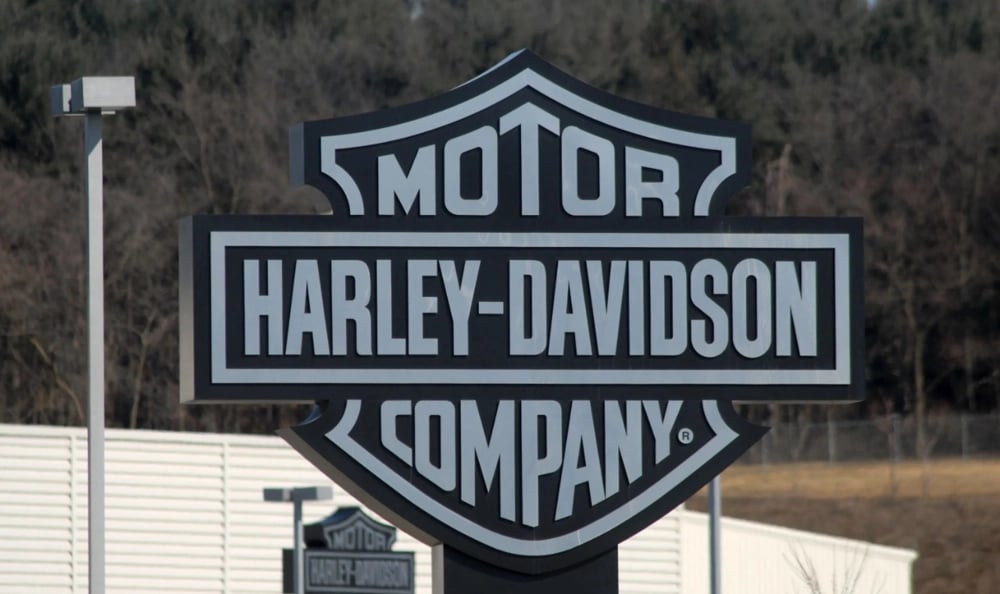Harley-Davidson Recalls Over 82,000 U.S. Motorcycles Due to Rear Suspension Malfunction
Harley-Davidson Inc. $HOG has announced the recall of 82,117 motorcycles sold in the United States following a mechanical issue linked to the rear shock absorber adjuster. The defect, outlined in a June 12 report by the National Highway Traffic Safety Administration (NHTSA), may cause unintended contact between the tire and the frame, increasing the likelihood of tire pressure loss and road instability.
Affected Units Span 2018–2024 Production Years
The recall applies to motorcycles built between 2018 and 2024, reflecting a design flaw that remained unaddressed across six production cycles. The issue centers on an improperly configured rear suspension component, which can reduce clearance around the tire. This may lead to friction, pressure leakage, and degraded performance under regular riding conditions. Although no serious accidents have been publicly connected to the fault, the scale of the recall raises concerns over manufacturing oversight and the robustness of Harley-Davidson’s mechanical validation protocols.

Pressure on Brand Credibility and Market Strategy
The timing of this recall is particularly sensitive. Harley-Davidson is in the midst of repositioning itself for younger demographics and electrification through its LiveWire division. Recalls involving fundamental safety components risk damaging consumer trust and can delay progress in gaining new market share. In addition to potential reputational damage, such incidents could affect dealer morale, after-sales service logistics, and investor sentiment, especially in core North American regions where Harley holds a dominant presence.
Structural Risk and Safety Exposure
According to NHTSA documentation, the rear shock absorber adjuster may interfere with tire clearance during dynamic movement. This presents an elevated risk of air loss, particularly under load or high-speed conditions. While specific model names are not cited, motorcycles with shared chassis configurations in the cruiser and touring categories are likely included.
Notable Recall Details:
Units Involved: 82,117 motorcycles;
Production Range: 2018–2024;
Component Affected: Rear suspension adjuster;
Primary Hazard: Tire contact and pressure depletion;
Authority: National Highway Traffic Safety Administration (NHTSA).

Company Response and Engineering Outlook
Harley-Davidson has initiated a dealer-led replacement campaign, covering all repairs at no cost to owners. The company’s rapid compliance with federal safety regulators may help contain reputational fallout, but internal analysis of component sourcing and stress testing procedures is expected. The incident may also prompt a broader review of design lifecycle standards, particularly as Harley scales its electric and midweight offerings. Future recalls of this magnitude could hinder progress in strategic transformation and limit competitiveness against nimble, tech-driven rivals.















Comments
Embracing innovative investment approaches is fueling remarkable growth in capital allocation